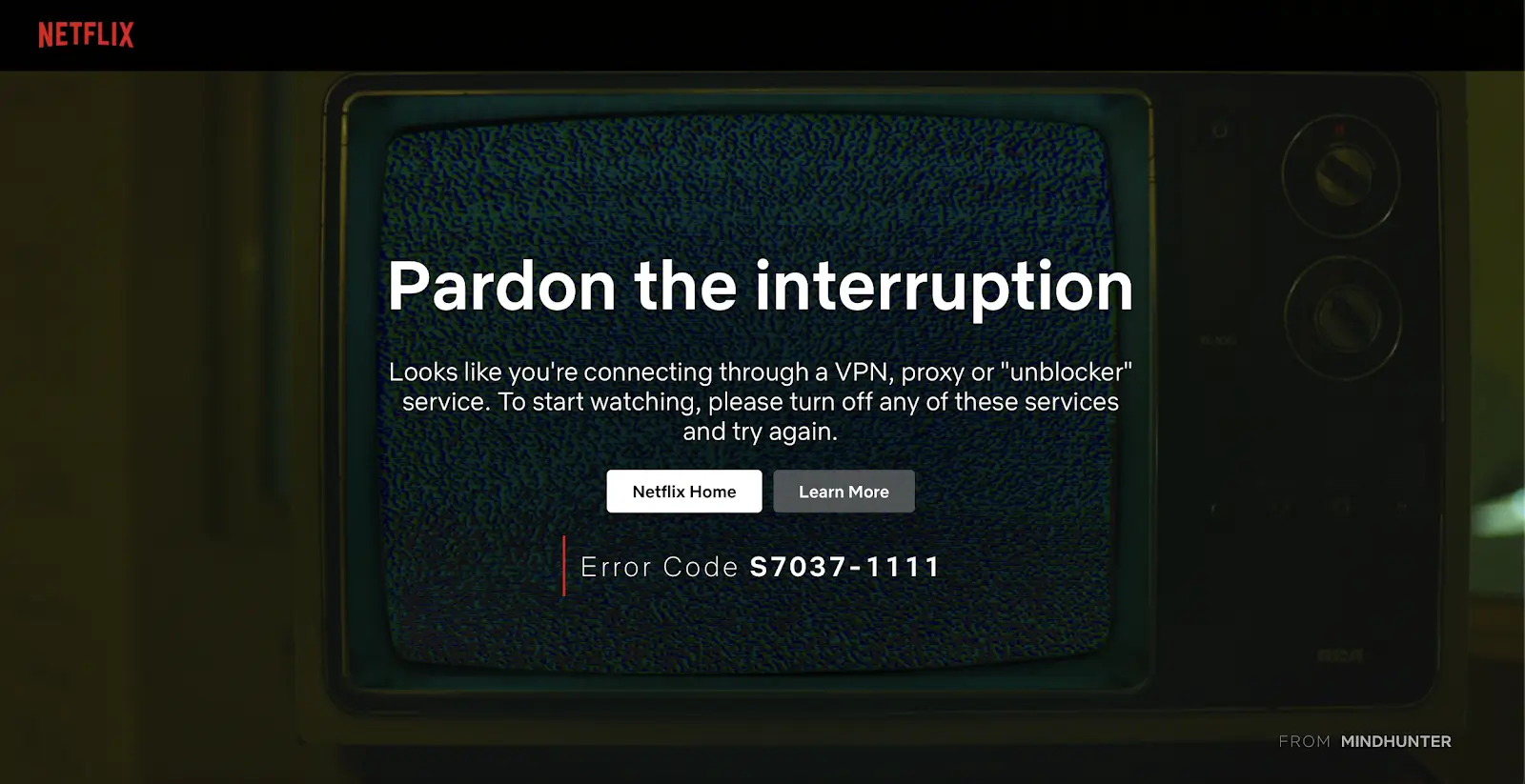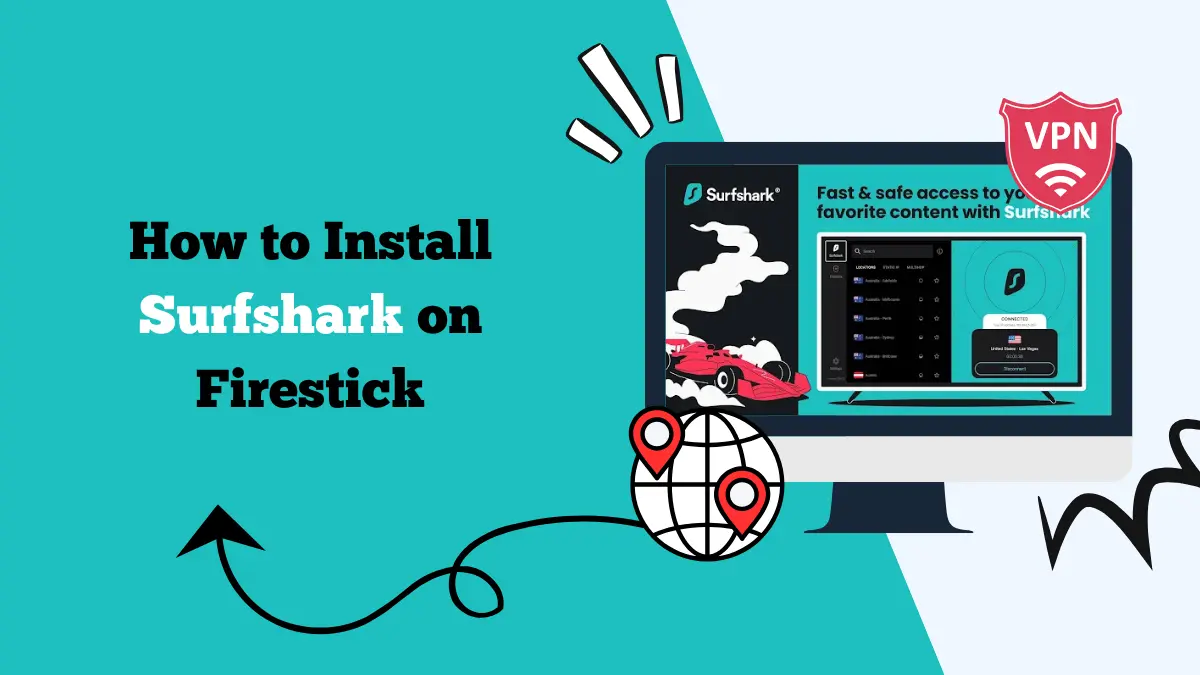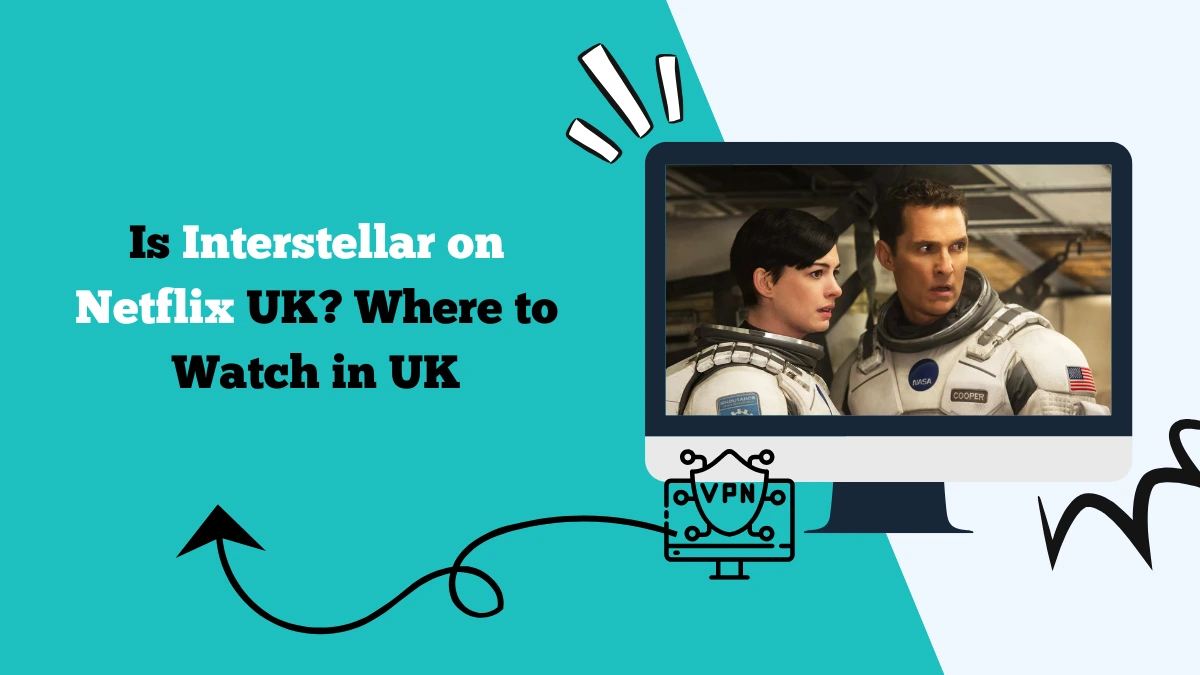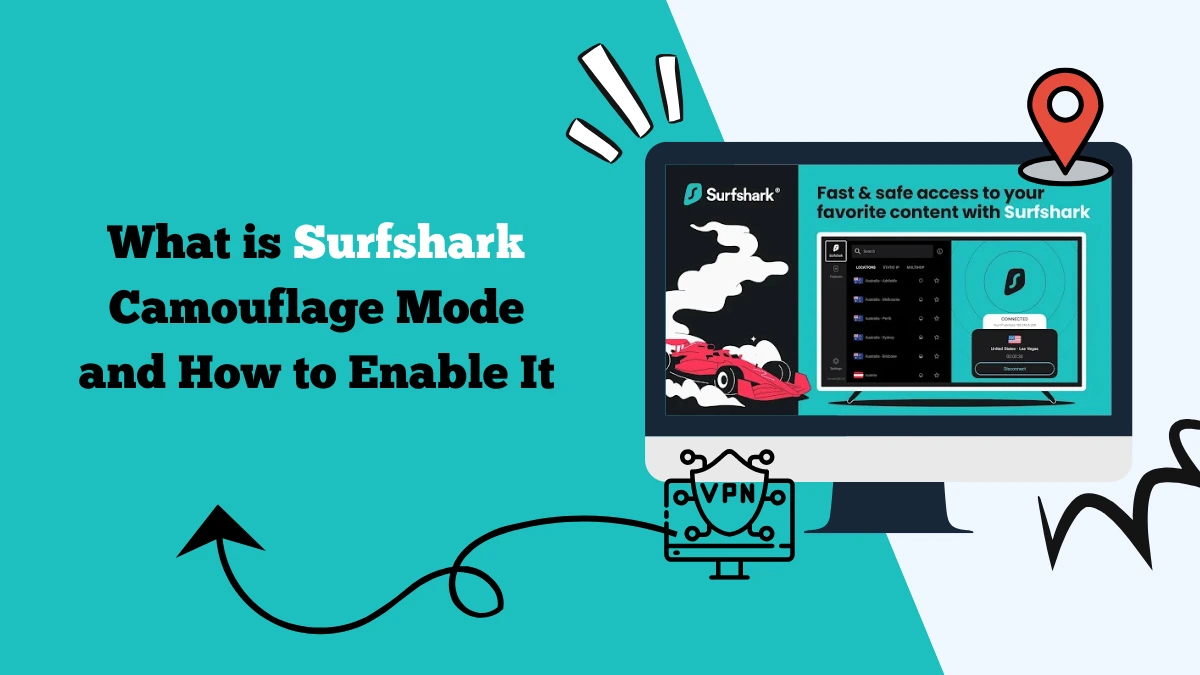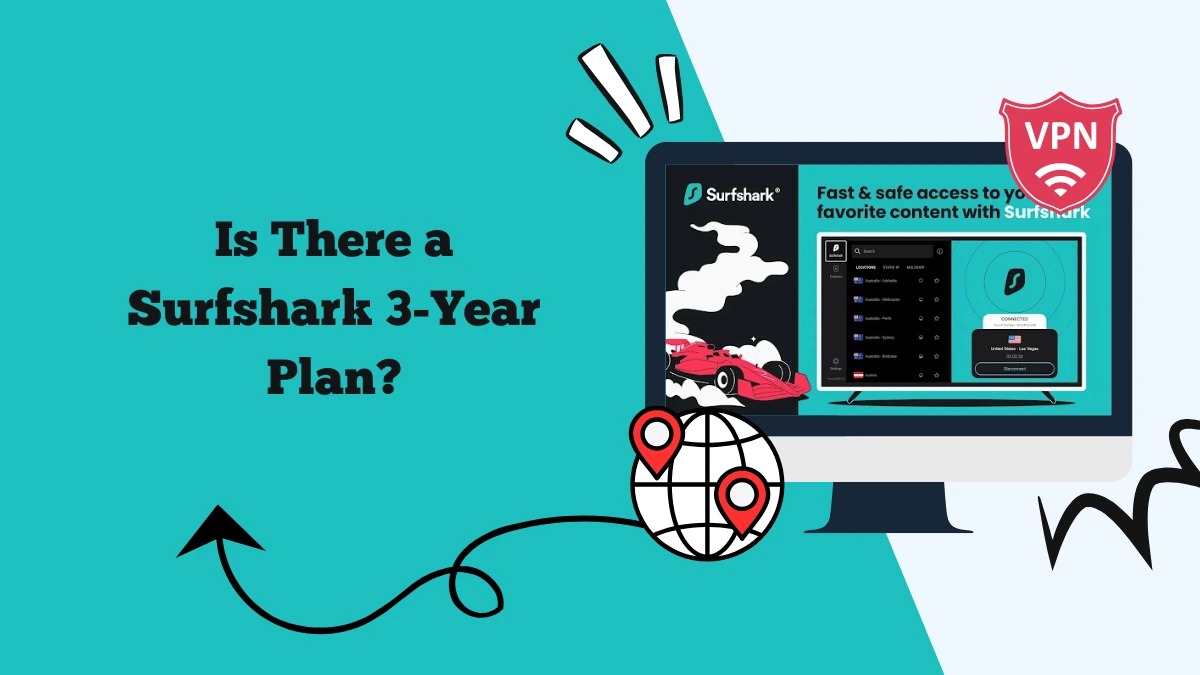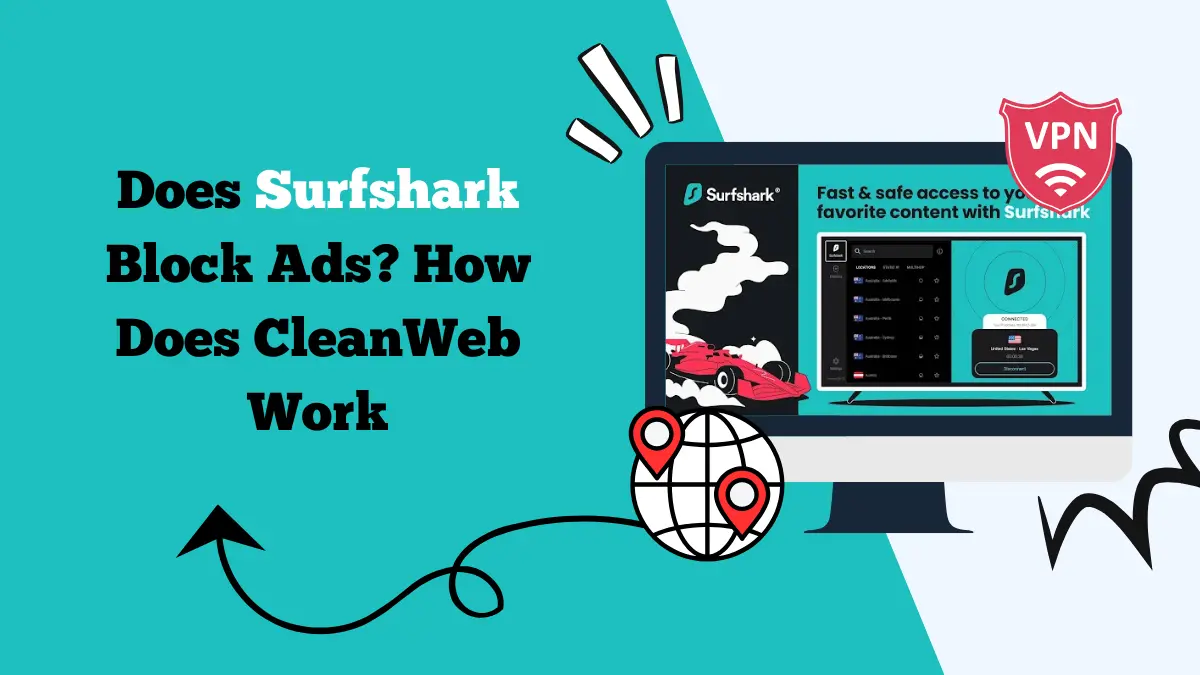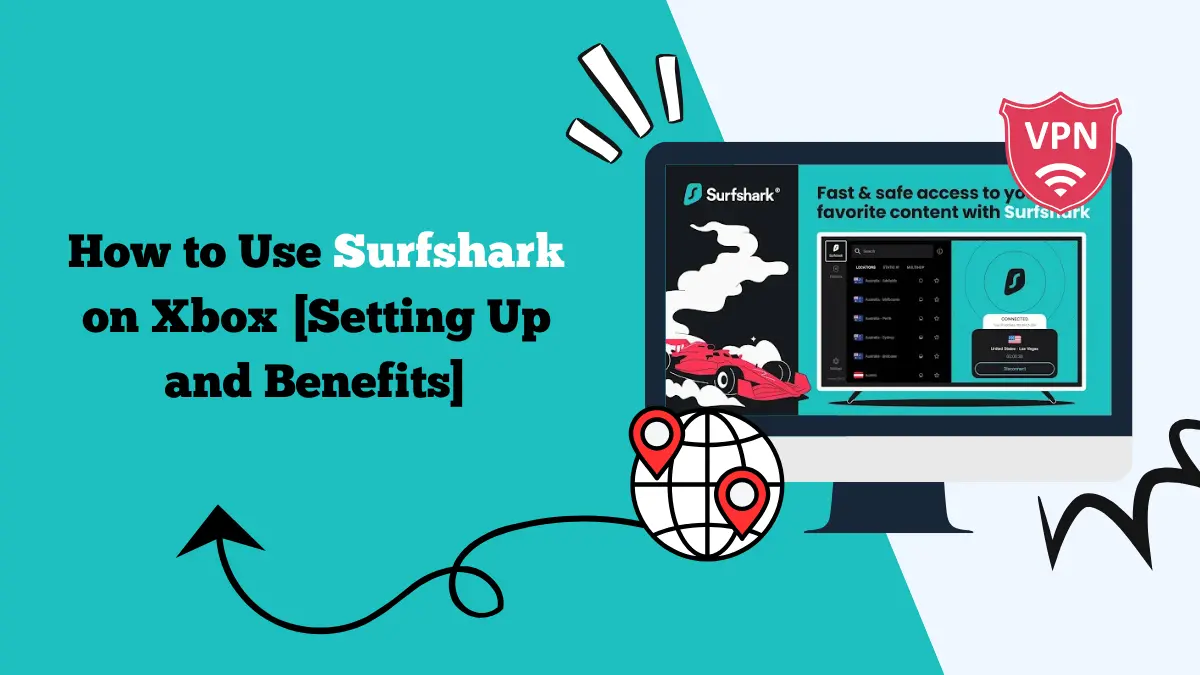How Does Netflix Detects VPN? – Bypass Netflix Proxy Error
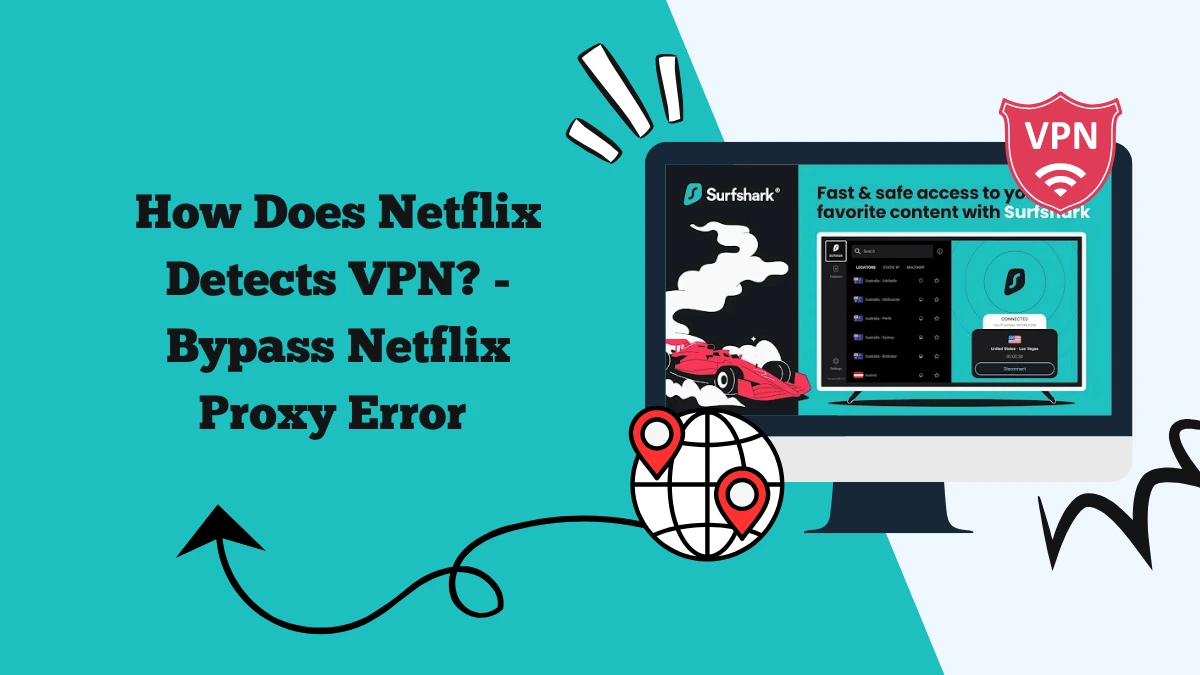
Netflix is one of the most popular streaming platforms in the world. Millions of people use it every day to watch movies and TV shows. However, not all Netflix libraries are the same. Content that is available in one country may not be available in another.
To get around this, many people turn to a VPN. A VPN hides your real IP address and makes it look like you are connecting from another country.
But Netflix is aware of this. The company has licensing agreements with movie studios and distributors. To follow these contracts, Netflix tries to block VPN users from accessing content outside their region.
If you have ever seen the error message “You seem to be using an unblocker or proxy”, you know what this means. So, how does Netflix detect VPNs? Let’s explore the methods it uses and why some VPNs still manage to work.
Why Does Netflix Block VPNs?
Before we dive into detection, it’s important to understand the reason behind it.
Netflix does not own every show or movie it streams. Most titles are licensed from production studios. These licenses are often limited to certain countries.
For example, a popular series might be available in the US but not in Germany. If Netflix allowed everyone to watch it through a VPN, the company would be breaking its contract.
To avoid legal trouble and protect relationships with content owners, Netflix must enforce these restrictions. Blocking VPNs is one way to do it.
The Famous Netflix VPN Error
When Netflix detects that you are using a VPN, you may see an error screen instead of your chosen show. It usually says something like:
“Oops, something went wrong. Streaming error. You seem to be using an unblocker or proxy.”
This message is Netflix’s way of telling you it has flagged your connection. The app or website may still work, but you will not be able to stream videos until you disconnect from the VPN or switch servers.
How Does Netflix Detect VPN Use?
Netflix uses several technical methods to identify VPN traffic. These methods are not perfect, but they are strong enough to block many services.
1. Shared IP Addresses
Most VPN providers let many users connect to the same server at the same time. This means dozens or even hundreds of people may share one IP address. If Netflix notices that an unusually high number of accounts are logging in from the same IP, it raises a red flag.
For example, if hundreds of people from different countries appear to be streaming from the same New York IP address, Netflix assumes that IP belongs to a VPN provider and blocks it.
2. Known VPN Server Lists
Netflix works with third-party data companies that collect lists of IP addresses linked to VPNs and proxies. These lists are updated regularly. If your VPN server is on one of these lists, Netflix can block it immediately.
3. DNS and IP Leaks
Even if you use a VPN, sometimes your DNS requests (the process of turning website names into IP addresses) can reveal your true location.
Netflix can check for these leaks. If your IP shows one country but your DNS shows another, Netflix may detect the mismatch and block the connection.
4. Traffic Patterns
Normal internet traffic looks different from VPN traffic. VPNs often use encryption and tunneling that can make data packets appear unusual. While Netflix cannot always decrypt the traffic, it can sometimes identify VPN use based on these patterns.
5. Sudden Location Changes
If your account usually logs in from London but suddenly appears in Tokyo, then a few minutes later in New York, Netflix may suspect VPN use. While travel can explain this, frequent and rapid changes often trigger detection.
Why Some VPNs Still Work with Netflix
Despite Netflix’s detection methods, some VPNs continue to work. Premium providers invest heavily in staying ahead of Netflix’s blocks. Here’s how they do it:
- Rotating IP addresses: They regularly refresh their IP pools, so by the time Netflix blocks one, another is ready.
- Dedicated servers for streaming: Some VPNs set up servers optimized for Netflix, designed to avoid detection.
- Private DNS servers: This prevents DNS leaks, which helps maintain consistency between your IP address and DNS requests.
- Obfuscation technology: Advanced VPNs disguise VPN traffic to make it look like normal internet traffic.
This is why not all VPNs are equal. Free or weak VPNs are often blocked quickly, while stronger ones keep working.
Can Netflix Ban You for Using a VPN?
Many users worry about getting banned. The good news is that Netflix does not usually punish accounts for using a VPN. The company’s main focus is blocking VPN traffic, not going after individual users.
The worst that usually happens is that you cannot stream while connected to a blocked server. You can simply switch to another server or disconnect the VPN to continue watching.
So far, there have been no reports of Netflix banning accounts solely for VPN use.
Tips to Avoid Netflix VPN Detection
If you want to use a VPN with Netflix, here are some tips that may help:
- Choose a VPN that is known for working with Netflix.
- Connect to servers in the same country as the Netflix library you want.
- Clear your cookies and cache before logging in, as old data can reveal your location.
- Use a dedicated IP if your VPN offers one. This gives you an address that only you use, making detection less likely.
- Update your VPN app regularly, since providers often release new fixes to stay ahead of blocks.
Why Netflix Detection Is Not Perfect
Despite its efforts, Netflix cannot always block VPNs successfully. Some users still manage to watch libraries from other countries. This cat-and-mouse game is ongoing. Netflix improves detection, and VPNs find new ways to bypass it.
It is also important to note that Netflix does not block all VPN connections. In some cases, you can still stream local content while connected to a VPN, even if you cannot access foreign libraries.
Final Thoughts
So, how does Netflix detect VPNs? The platform relies on a mix of shared IP tracking, server lists, DNS checks, traffic analysis, and location changes. These methods are effective but not unbeatable. That is why some VPNs continue to work while others fail.
Netflix detection is strong, but the VPN industry is just as determined. The competition between them ensures that the question of “does Netflix detect VPNs?” will keep evolving.
